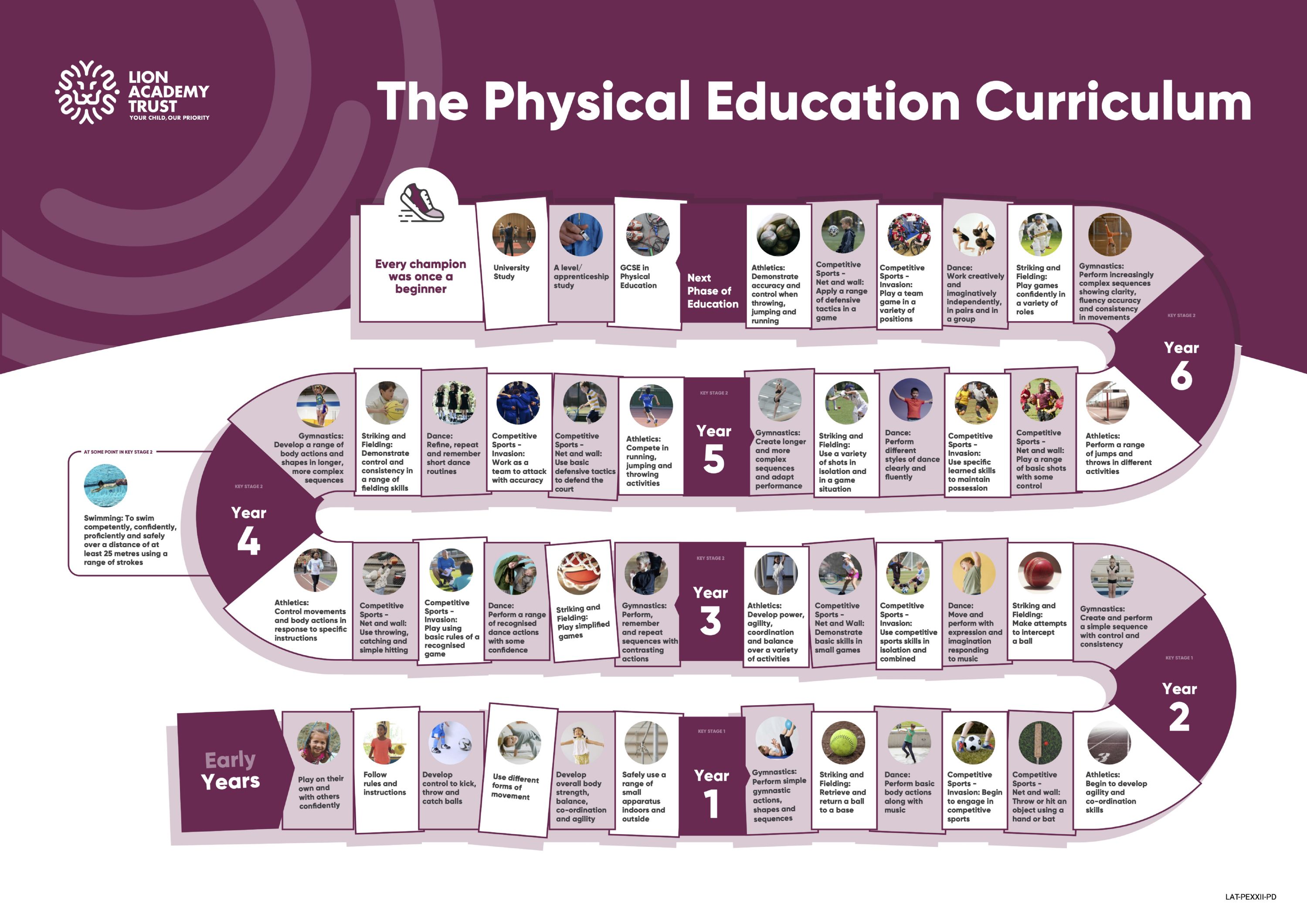PE
“Some people want it to happen, some wish it would happen, others make it happen”
Michael Jordan

At Valentine, we know that Physical Education is key to having a healthy body and healthy mind. PE enables children to have improved concentration in class and allows children the opportunity to make every child stronger and life longer. Our PE curriculum combines the acquisition of skills with the essential knowledge pupils need to lead healthy and active lifestyles.
The Physical Education curriculum aims to ensure that all pupils:
- Develop competence to excel in a broad range of physical activities;
- Are physically active for sustained periods of time;
- Engage in competitive sports and activities;
- Lead healthy, active lives.
NEVER HAS PE been A more important subject!
Pupils returned from COVID lock down with poor mental health, anxiety and physical body changes - such as weight gain and poor levels of fitness.
At Valentine we recognise that the benefits of improved health and fitness are noted most in children's learning.
Since September 2023 we have:
- Started a 'healthy break times' initiative - where play leaders support children in engaging in all manner of active activities.
- Begun the 'daily mile' challenge - to ensure that obesity is being robustly tackled.
- Hired a Swimming Pool in 2023-24 and 2024-25 to ensure that children in KS2 all get to swim for at least 6 weeks. Increasing the number of children accessing the ability to competently swim.
- Developed an inter-school competition programme between sister schools for girls and boys, across sport disciplines.
- Increased the weekly PE from adhoc, to two hours per week.
PERFORMANCE AND PE
Physical Education is inherently a performative subject, where learning is driven by doing. Children develop their skills through active practice, building muscle memory and physical confidence. By incorporating technology such as iPads, students can record their performances and engage in meaningful self-assessment. Watching these recordings allows them to critique their own technique, recognise strengths, and identify areas for improvement. This reflective process transforms their understanding of movement, enabling them to refine their skills with greater precision and intention. In this way, Physical Education becomes a dynamic cycle of performance, reflection, and improvement, fostering both physical competence and critical thinking.
TYPICALITY OF TEACHING
Teaching the Learning Intention explicitly in PE—just as in other subjects—plays a vital role in deepening children's knowledge of skill acquisition and overall understanding. When pupils are made aware of what they are learning and why, they can focus more purposefully on the specific movement patterns, techniques, or tactics being developed. This clarity helps them make connections between physical action and cognitive understanding, reinforcing the idea that physical skills, like academic ones, are learned, practiced, and refined over time. By framing PE lessons with clear intentions, children are better able to reflect on their progress, identify what success looks like, and understand the steps needed to improve. This structured approach supports metacognition—thinking about their own learning—and encourages pupils to take ownership of their physical development, just as they would in maths, reading, or science.
IMPACT






